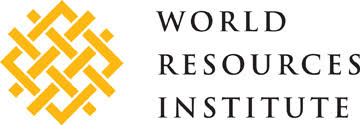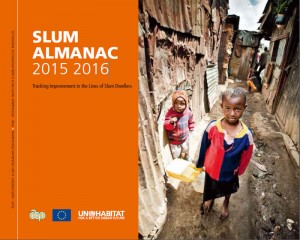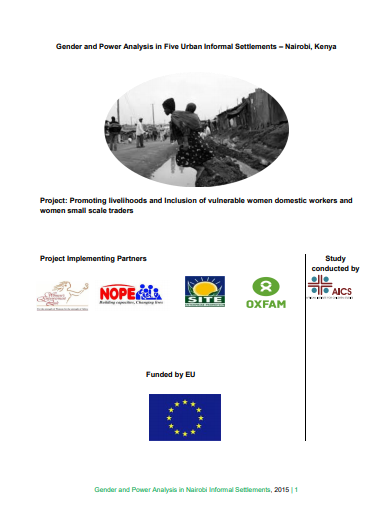Malawi: Services and policies needed to support sustainable smallholder agriculture
Malawi’ s smallholder agriculture is facing a crisis, particularly in the more populated south. There is an insidious combination of land shortage, continuous cultivation of maize, declining soil fertility, low yields, deforestation, poverty and high population growth rate. Smallholder farmers are doing what they can to maintain household livelihoods under these difficult circumstances, however many of their actions, which are necessary for short term survival, such as the cultivation of hillsides, are not sustainable in the long term.





